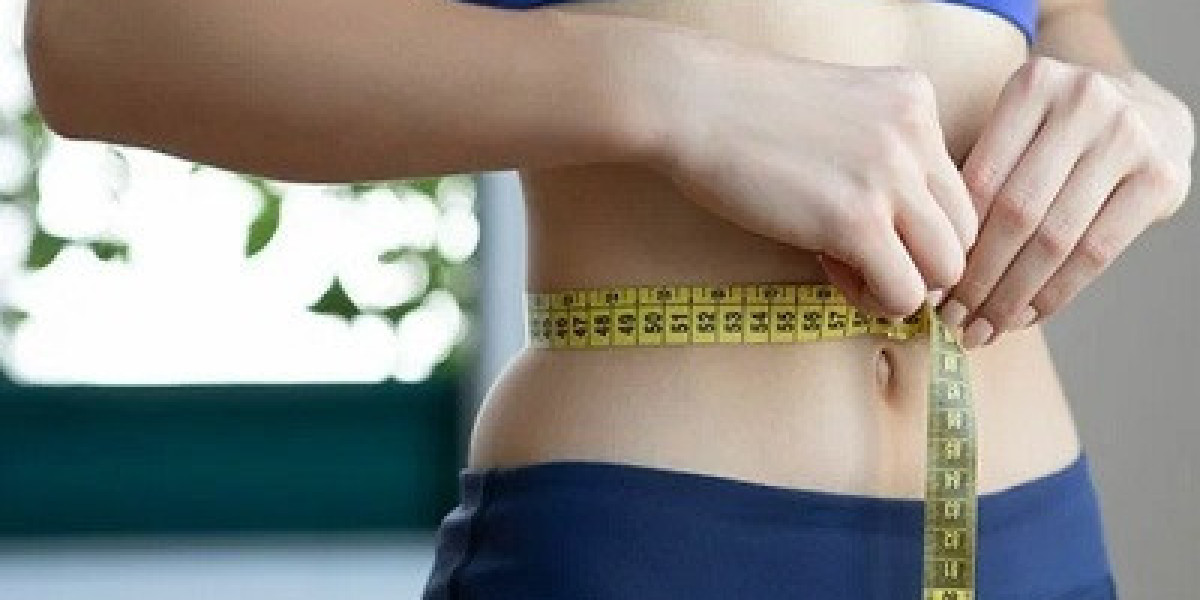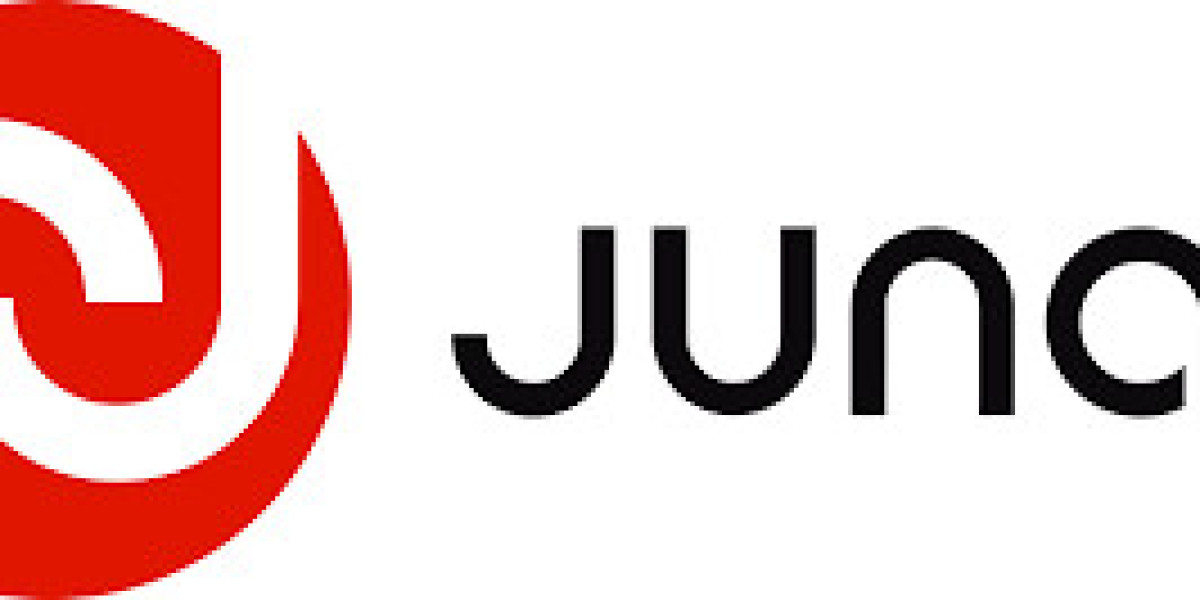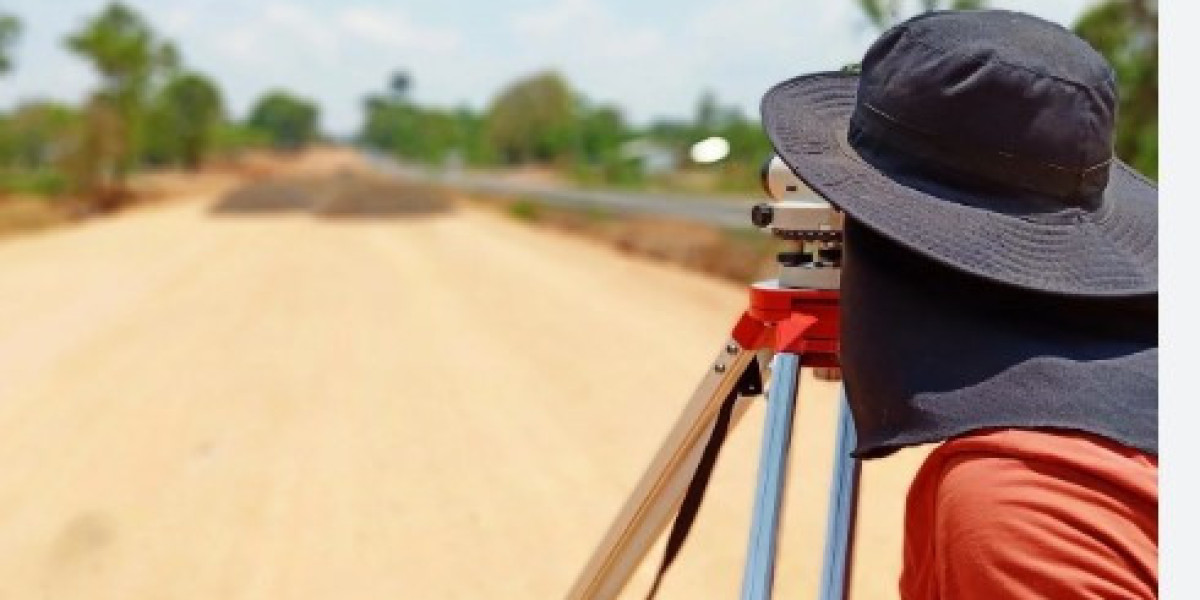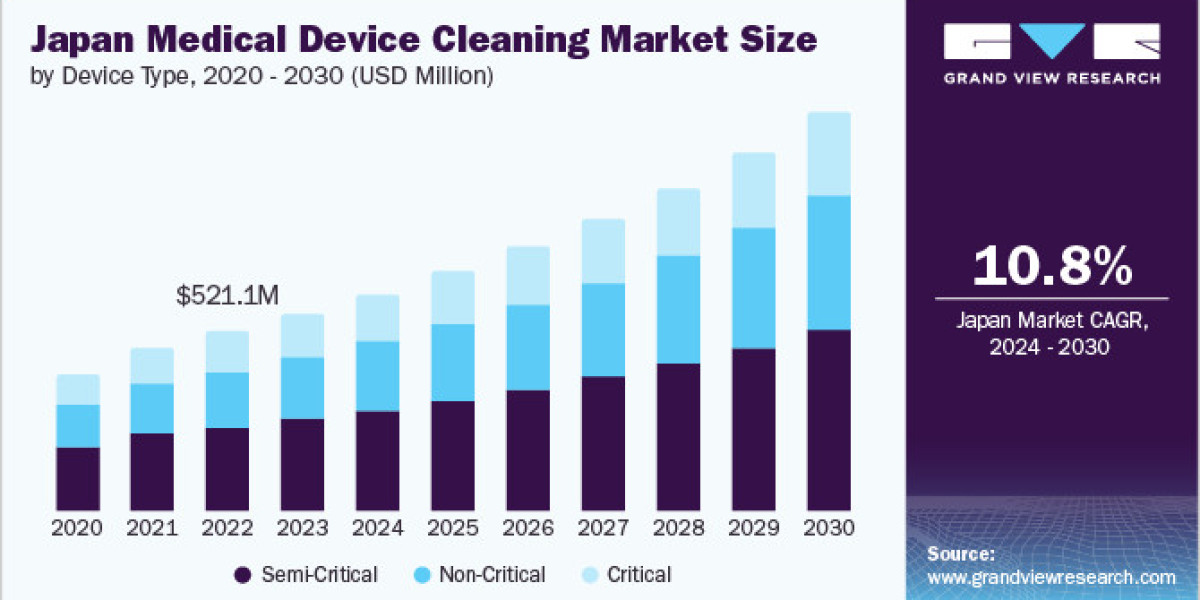Undergoing a Weight Loss treatment in Islamabad is a significant step toward achieving your body transformation goals. Whether you’ve opted for a non-invasive procedure like laser lipolysis or a more intensive option such as liposuction or gastric ballooning, the journey doesn’t end after the treatment. In fact, the post-treatment phase plays a critical role in determining how successful and lasting your results will be.
Among the most crucial factors in this stage is your diet—specifically, the foods you choose to avoid. Certain foods can hinder your recovery, slow down your metabolism, and even reverse the progress you’ve made. In this blog, we’ll highlight which foods to stay away from after your weight loss procedure and why making mindful dietary choices is key to preserving your results.
Why Post-Treatment Nutrition Matters
Post-treatment nutrition helps support your body’s healing process, reduces inflammation, and stabilizes your metabolism. After undergoing a weight loss procedure, your system becomes more sensitive to what you eat. The wrong foods can:
Increase bloating and fluid retention
Lead to unwanted fat accumulation
Cause blood sugar spikes
Interfere with healing after surgical treatments
Encourage weight rebound
Making healthy dietary choices helps ensure your body burns fat efficiently and maintains a lean composition. Avoiding harmful foods is just as important as choosing the right ones.
Top Foods to Avoid After Weight Loss Treatment
Here are the key foods you should limit or avoid completely after undergoing a weight loss treatment:
1. Sugary Foods and Beverages
Examples: Candy, cakes, soft drinks, fruit juices, sweetened yogurts, pastries
Sugar-laden foods are high in empty calories and cause blood sugar spikes followed by crashes, which increase cravings and appetite. These foods not only lead to weight gain but also hinder your body's ability to heal. Additionally, sugar promotes inflammation, which can slow the recovery process.
Tip: Opt for natural sugars from fruits like berries or apples and avoid added sugar in processed snacks.
2. Refined Carbohydrates
Examples: White bread, pasta, white rice, crackers
Refined carbs act similarly to sugar in the body—they digest quickly and turn into glucose, causing insulin levels to rise. This triggers fat storage and can undo the progress made from your treatment. These foods are also low in fiber, which is essential for digestion and fullness.
Tip: Replace refined carbs with whole grains such as quinoa, brown rice, oats, and whole wheat options.
3. Fried and Greasy Foods
Examples: French fries, fried chicken, burgers, samosas
These foods are typically high in trans fats and saturated fats, both of which contribute to inflammation and increased cholesterol levels. Fried foods also slow digestion and cause bloating and discomfort—especially unhelpful after abdominal procedures.
Tip: Choose grilled, baked, or air-fried alternatives with lean protein and vegetables.
4. High-Sodium Foods
Examples: Processed meats (sausages, salami), canned soups, chips, frozen meals
Excess salt causes water retention, which can mask the results of your treatment and contribute to bloating and puffiness. High sodium intake also strains the kidneys and may lead to elevated blood pressure.
Tip: Prepare fresh meals at home with herbs and spices instead of relying on packaged options.
5. Alcohol
Examples: Beer, wine, cocktails, spirits
Alcohol is high in empty calories and affects liver function, which plays a central role in fat metabolism. It can also lead to dehydration and interfere with post-treatment medications or anesthesia. Even small amounts of alcohol can stall weight loss progress.
Tip: Avoid alcohol for at least a few weeks after treatment, and when reintroduced, do so moderately.
6. Dairy Products (in some cases)
Examples: Whole milk, cheese, cream, ice cream
While dairy isn't inherently bad, some individuals experience increased bloating and inflammation when consuming full-fat dairy products after weight loss treatments. This is particularly true for people who are lactose intolerant or sensitive to casein.
Tip: Opt for low-fat dairy or plant-based alternatives like almond milk or yogurt with probiotics.
7. Artificial Sweeteners
Examples: Diet sodas, sugar-free candy, low-calorie packaged snacks
These sugar substitutes can disrupt your gut microbiome and trick your body into craving more sweets. They may also lead to increased appetite and reduced satiety, which works against your goal of weight maintenance.
Tip: Use natural alternatives like stevia or raw honey in moderation.
8. Fast Food and Takeout
Examples: Pizza, kebabs, fried rolls, burgers
These meals are often high in sodium, saturated fats, and sugar. Additionally, they usually contain preservatives and additives that are not conducive to post-treatment recovery. Frequent consumption can quickly undo your results.
Tip: Meal prep at home with clean, whole ingredients. When eating out, choose grilled proteins and salads without creamy dressings.
Importance of Hydration Alongside Proper Diet
Just as critical as avoiding certain foods is maintaining proper hydration. Water helps flush out toxins, supports fat metabolism, and keeps you full, reducing the temptation to snack on unhealthy foods. Especially after a Weight Loss treatment in Islamabad, your body requires sufficient fluids to support the lymphatic and circulatory systems.
Hydration tips:
Drink at least 8–10 glasses of water daily.
Avoid sugary and carbonated drinks.
Add lemon or cucumber slices to water for added detox benefits.
Creating a Long-Term Nutrition Plan
To maximize your weight loss results and maintain them in the long run, consider building a sustainable eating plan that includes:
High-fiber vegetables
Lean proteins (chicken, fish, lentils)
Healthy fats (avocado, olive oil, nuts)
Whole grains (brown rice, oats, barley)
Probiotic foods (yogurt, kefir, kimchi)
Consult a certified nutritionist or dietitian to personalize your plan based on your body's specific needs and any medical conditions.
Conclusion
Avoiding the wrong foods after your treatment is just as important as choosing the right procedures. Sugary, greasy, and highly processed foods can sabotage your efforts, delay healing, and reverse the progress made. Sticking to a clean, nutrient-rich diet will not only enhance the effects of your Weight Loss treatment in Islamabad but also empower you to maintain a healthier lifestyle moving forward.
For expert guidance, personalized dietary support, and advanced body contouring treatments, consider Dynamic Clinic. Their experienced medical team is dedicated to helping patients in Islamabad achieve and sustain their ideal body goals through safe, effective, and comprehensive care.



